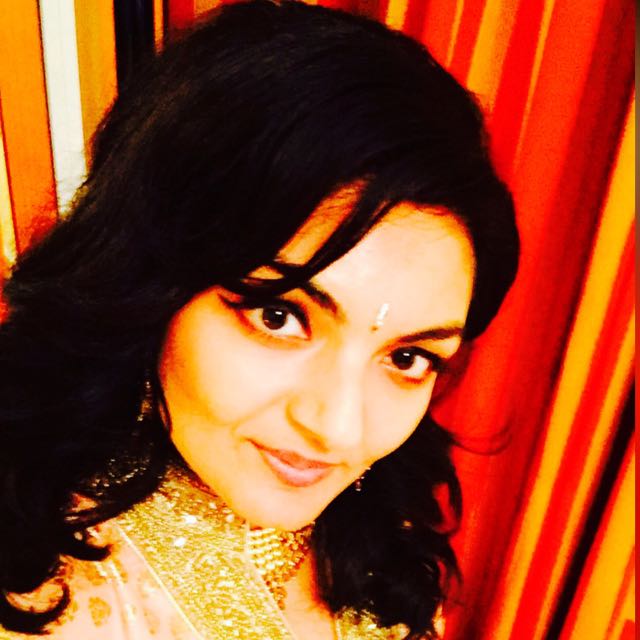This article was last updated on April 16, 2022
Canada: ![]() Oye! Times readers Get FREE $30 to spend on Amazon, Walmart…
Oye! Times readers Get FREE $30 to spend on Amazon, Walmart…
USA: ![]() Oye! Times readers Get FREE $30 to spend on Amazon, Walmart…
Oye! Times readers Get FREE $30 to spend on Amazon, Walmart…
Translator Alex Elinson — who brought Youssef Fadel’s funny A Beautiful White Cat Walks With Me into bright, playful, enjoyable English — recently gave a talk at CUNY alongside anthropologist Mark Drury:

The relationship between anthropology and literature is a discussion for a different day; in any case, the talk opens — after a reading that sets the audience into giggles — with a discussion of the use of Moroccan colloquial. Elinson says:
“What brought me to the writing of Youssef Fadel was his extensive use of Moroccan colloquial Arabic in writing. Not only did I find it interesting, but really sort of brilliant, the way he’s able to use colloquial in a written form, in a way that’s really theatrical.
“This novel actually has no colloquial in it. So what brought me to the writer was that aspect, but in this novel he does not use a single word of darija, Moroccan colloquial Arabic.”
Elinson added that the second novel in the trilogy, A Rare Blue Bird Flies With Me, which has been translated by Jonathan Smolin, also doesn’t have colloquial. While the third in the trilogy, the recently published Farah, does have a little.
“I have not asked Youssef why this is the case — why he stepped back from this, I don’t know if it’s an obsession, but he was definitely experimenting with narrative language and use of Moroccan colloquial — why the change? I have a couple of guesses.
“Prior to the publication of A Beautiful White Cat Walks With Me in 2011, all of his novels were Moroccan novels, and they were published by Moroccan presses, for Moroccans. And that was his audience. This book is the first novel that he’s published outside of Morocco. It’s a joint publication between Fennec and Dar al-Adab, so it’s a shared publication, Moroccan and Lebanese.
“So I don’t know if the suggestion to not include Moroccan Arabic [came from the publisher]. As those of us familiar with Moroccan Arabic know, no one could possibly understand Moroccan Arabic, unless you’re a Moroccan (or that’s what other Arabs say).
“But also, I honestly do think that he himself, just in the act of publishing with a non-Moroccan publisher…he is reaching for a larger audience. And I don’t mean that in a commercial sense. I think he would like to reach readers beyond Morocco. Frankly, I don’t blame him, when books in Morocco sell in the dozens.
“[Fadel], like other skilled Arabic writers, when he uses darija in a limited way, I think he writes it in a way that’s understandable. Well, I know darija, so I’m at an advantage. But I think he writes a darija that non-Moroccans can understand. And that’s a very difficult thing to do — to write colloquially but in a pan-Arabic kind of way.”
Watch — or download — the whole talk at videostreaming.gc.cuny.edu/videos/video/4807/.
Click HERE to read more.
Vote for Shikha Dhingra For Mrs South Asia Canada 2017 by liking her Facebook page.
You can publish this article on your website as long as you provide a link back to this page.


Be the first to comment